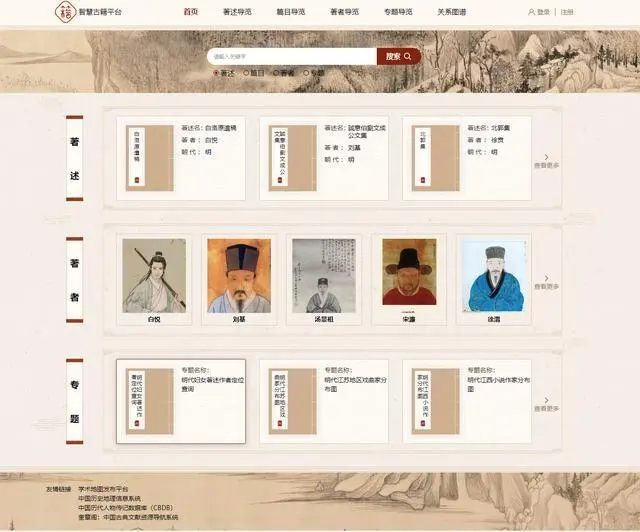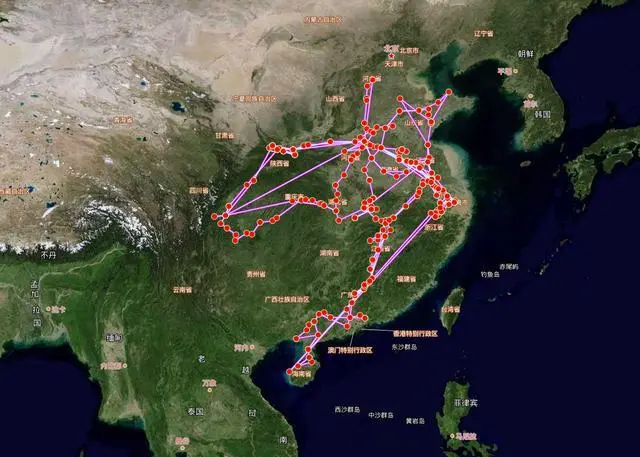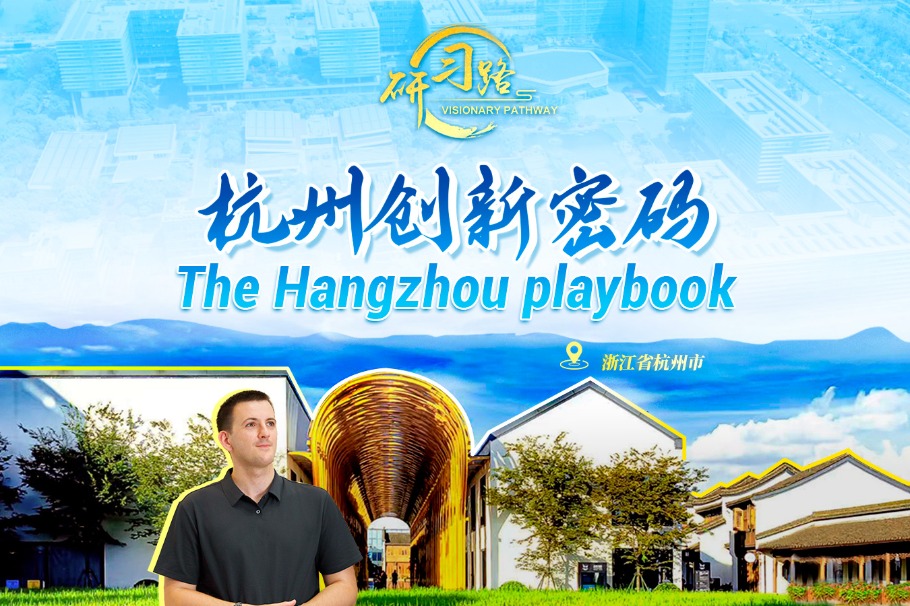Major progress made on ancient book project between Harvard, Zhejiang University

The platform of China Smart Ancient Books. [Photo/Zhejiang University]
Few would deny that China has the richest collection of ancient books and documents in the world. It is estimated that there are more than 600,000 ancient books in existence in the country, among which about 250,000 have been digitized with photos.
Digitization refers to scanning the ancient books and putting them online to make them more accessible to readers. But regretfully, they cannot search the contents of the books and much less edit or hyperlink them.
Xu Yongming, a professor at the School of Humanities of Zhejiang University, believes that only by converting the scanned pages into text files can ancient books be conveniently used.
In recent years, he has led the development of the "Zhejiang Literature Network", "Academic Mapping Platform" and "China Smart Ancient Books". Through his team's efforts, voluminous ancient books previously only found on shelves have a more permanent digital residence.
To date, the Academic Mapping Platform, a project co-founded by Harvard and Zhejiang University in 2018, has maps of travel routes used by more than 700 historic and literacy figures and about 1,200 geographic distribution maps, which can be accessed by readers from more than 70 countries. The China Smart Ancient Books project has uploaded indexed ancient books with hundreds of people's genealogy and social relationships, attracting readers from more than 30 countries since its debut in 2021.

The Academic Mapping Platform enables people to connect ancient places with their modern names and locations. [Photo/Zhejiang University]
"The digitization of ancient books is still in the early stages and has a long way to go. The process of constructing a platform and data base requires a significant amount of funds from multiple parties," Xu mentioned at the conference of the East Asian Digital Humanities –The Tools of the Trade, held in Harvard University last month.
About 600 teachers and students have contributed to the online collections of ancient books on the platform and are all paid according to the difficulty of their tasks. Although the accuracy of the OCR is now above 90 percent, it still requires a lot of human effort to correct the remaining errors.
Whether it is the crow- sourcing system, purchase of ancient books, protection of data security, or maintenance and update costs of the platform, it is not a cheap endeavor, while the scientific research fund for liberal arts is relatively modest.
Xu has been looking for entrepreneurs with an interest in the humanities to cooperate with. "Despite the challenges, the digitization of ancient books has strong potential. With the development of technology, it is possible to preserve and make these ancient texts more accessible to a broader audience. This will not only benefit scholars and researchers but also allow the general public to gain a deeper appreciation of China's rich cultural heritage."
-
Visionary Pathway - Hangzhou Playbook
July 15, 2025



